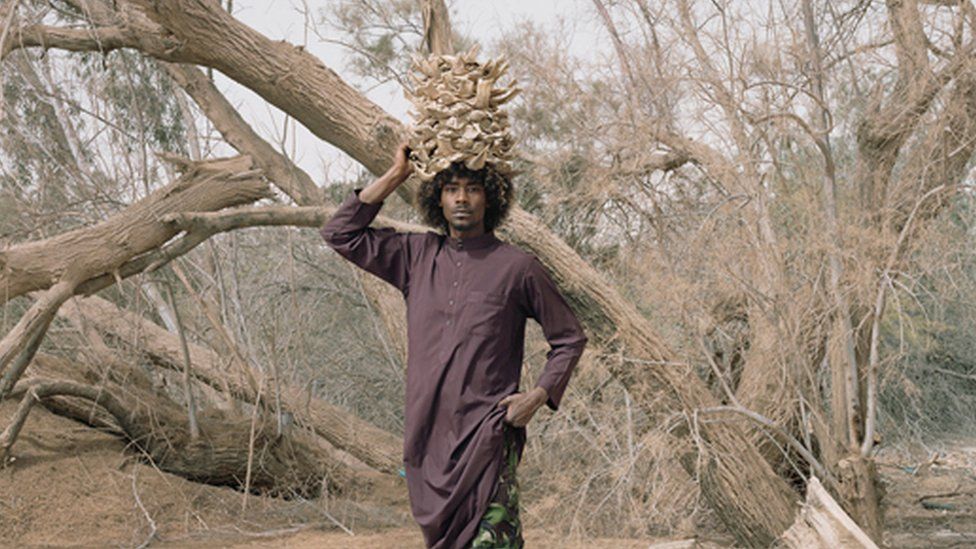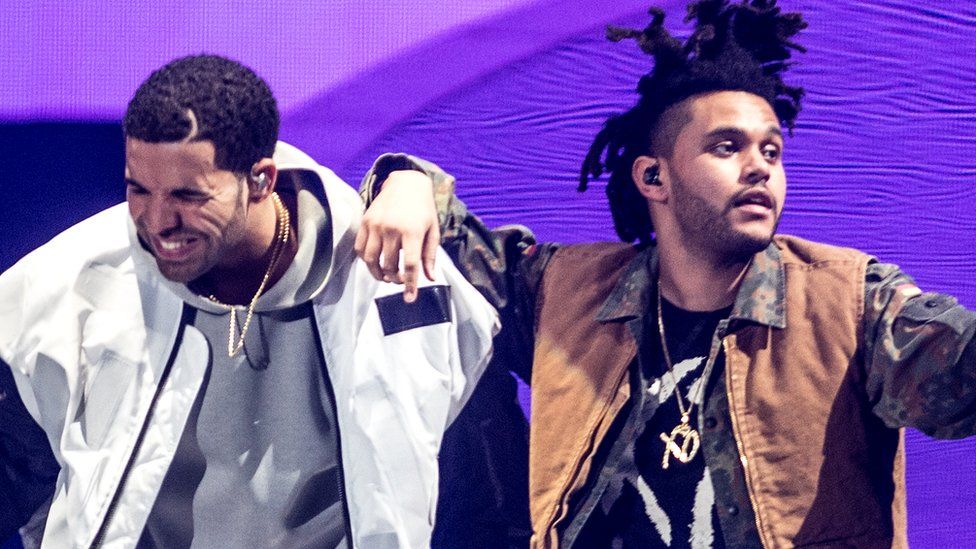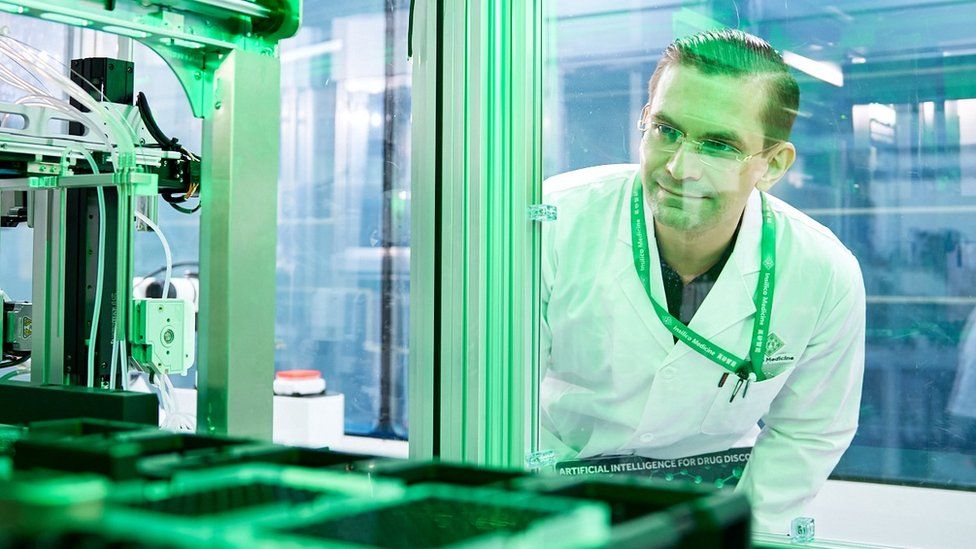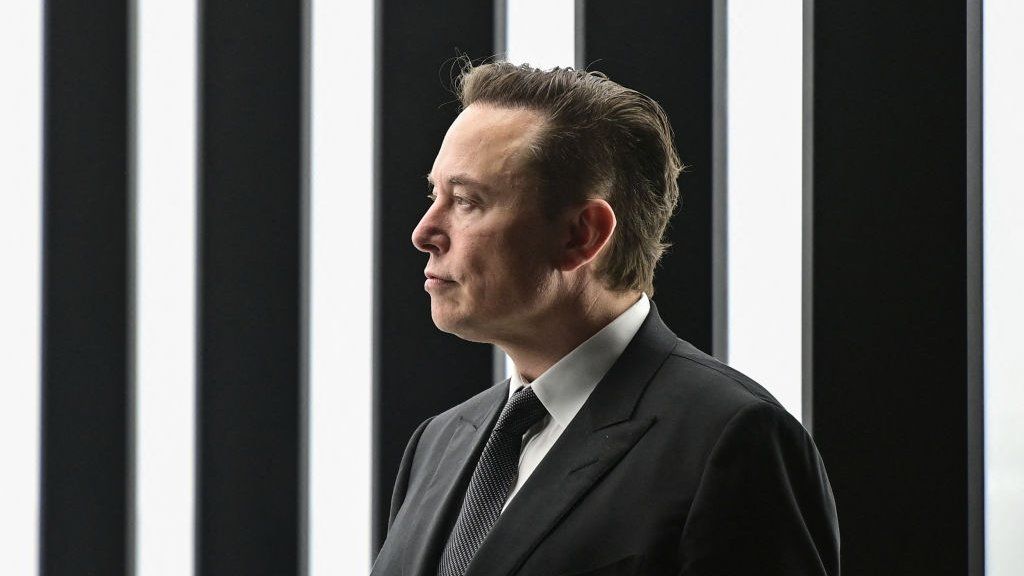Sony World Photography Award 2023: Winner refuses award after revealing AI creation
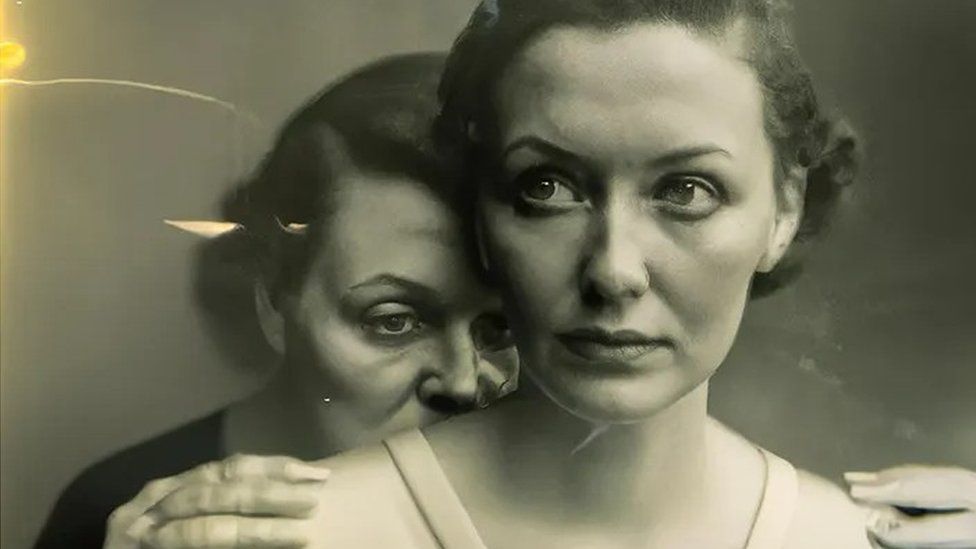
The winner of a major photography award has refused his prize after revealing his work was in fact an AI creation.
German artist Boris Eldagsen’s entry, entitled Pseudomnesia: The Electrician, won the creative open category at last week’s Sony World Photography Award.
He said he used the picture to test the competition and to create a discussion about the future of photography.
Organisers of the award told BBC News Eldagsen had mis-led them about the extent of AI that would be involved.
In a statement shared on his website, Eldagsen admitted he had been a “cheeky monkey”, thanking the judges for “selecting my image and making this a historic moment”, while questioning if any of them “knew or suspected that it was AI-generated”.
“AI images and photography should not compete with each other in an award like this,” he continued.
“They are different entities. AI is not photography. Therefore I will not accept the award.”
The image in question showed a haunting black-and-white portrait of two women from different generations.
But as Eldagsen pointed out in his statement: “Something about this doesn’t feel right, does it?” That something, of course, being the fact that it’s not a real photograph at all – but a synthetically-produced image.
The use of AI in everything from song and essay writing, to driverless cars, chatbox therapists and the development of medicine has been widely debated in recent months; now its utility around photography has come into focus.
A spokesperson for the World Photography Organisation said that during their discussions with the artist, before he was announced as the winner, he had confirmed the piece was a “co-creation” of his image using AI.
He noted his interest in “the creative possibilities of AI generators”, they added, while “emphasising the image heavily relies on his wealth of photographic knowledge.
“The creative category of the open competition welcomes various experimental approaches to image making from cyanotypes and rayographs to cutting-edge digital practices,” they said.
“As such, following our correspondence with Boris and the warranties he provided, we felt that his entry fulfilled the criteria for this category, and we were supportive of his participation.
“Additionally, we were looking forward to engaging in a more in-depth discussion on this topic and welcomed Boris’ wish for dialogue by preparing questions for a dedicated Q&A with him for our website.”
They continued: “As he has now decided to decline his award we have suspended our activities with him and in keeping with his wishes have removed him from the competition.
They said they recognised “the importance of this subject [AI] and its impact on image-making today” but stressed the awards “always have been and will continue to be a platform for championing the excellence and skill of photographers and artists working in the medium.”

Chris Vallance, Senior Technology Reporter
When an AI generated image won a US state art competition last September it ignited a debate that has raged ever since.
All the while the power of the technology increases seemingly week by week.
Photographers and artists who previously could console themselves by pointing out the flaws in AI generated images – it struggles with hands for example – now find they are becoming ever harder to spot.
Last month, Tim Flach president of the Association of Photographers, told me of his shock at how easy it was to generate an AI image of a tiger that closely resembled a photo he’d had to step into the cage to capture.
A photography student who spoke to me at the time worried whether his planned career would still exist in a few years.
Many artists and photographers accuse AI systems of unfairly exploiting the works of hundreds of thousands of human creators on which the systems are trained – some have even launched legal action.
But others simply regard AI as just another tool, a new category of art perhaps, but no less valuable.
Photography itself was once a new and, to some, threatening invention they point out.
But a host of very basic issues remain unclear, including who owns the copyright for an AI image.
As well as pictures, AI has generated a raft of as yet unanswered ethical and legal questions.

‘I don’t blame Boris’
Photographer and blogger Feroz Khan took a particular interest in how the events unfolded. He said he did not blame the artist for showing “there is a problem here in the photography industry”.
“For starters, most people have a tough time distinguishing AI-generated images from photographs (at least at first glance),” he wrote. “In a few months, it will probably become even harder to determine critical differences unless scrutinised.
“With this intention, Boris has stated that he wants photography contest organisers to have separate categories for AI images.
“I appreciate him for wanting this distinction in photo contests. Yes, he entered an AI image into the competition, but it doesn’t seem he was out to defraud anyone. He wanted to highlight an issue that certainly needs a lot more attention from everyone.”
He concluded that “he’s clearly shown that even experienced photographers and art experts can be fooled.”
An exhibition of the winners and shortlisted images from this year’s Sony World Photography Awards takes place at Somerset House, London from 14 April to 1 May 2023.
Related Topics
-
-
17 January
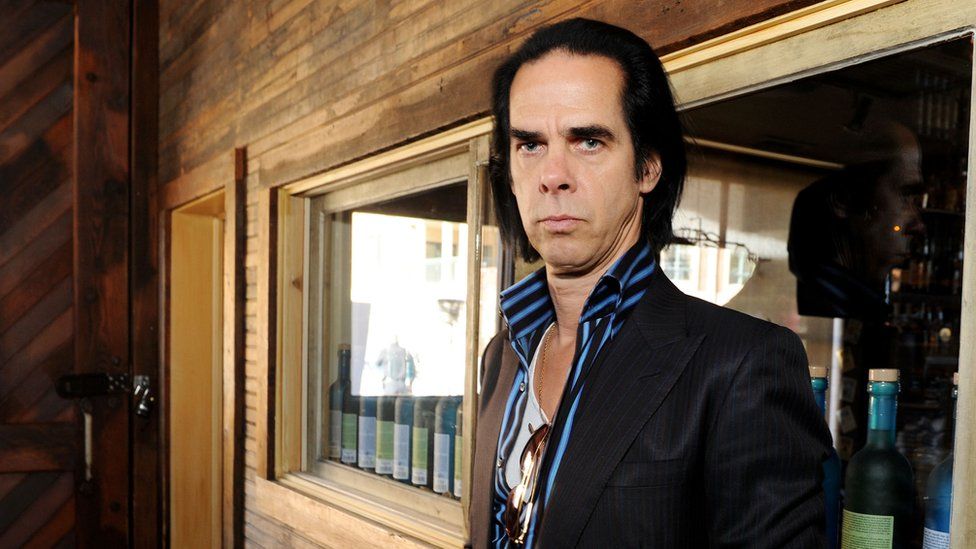
-
-
-
13 February
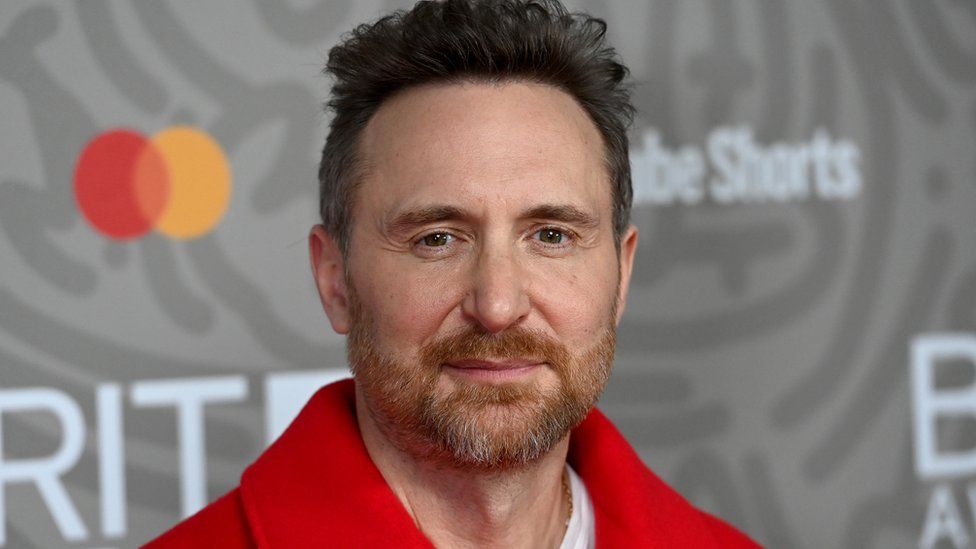
-

